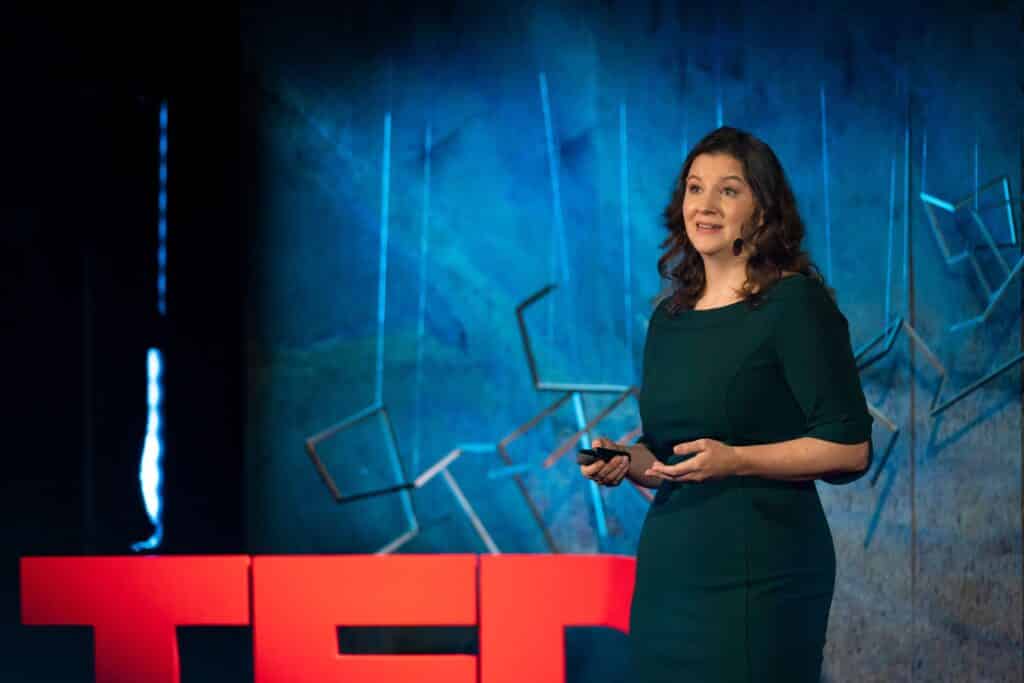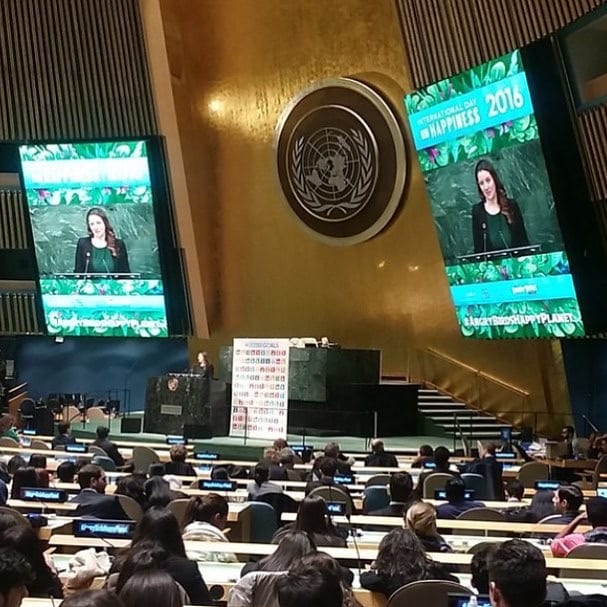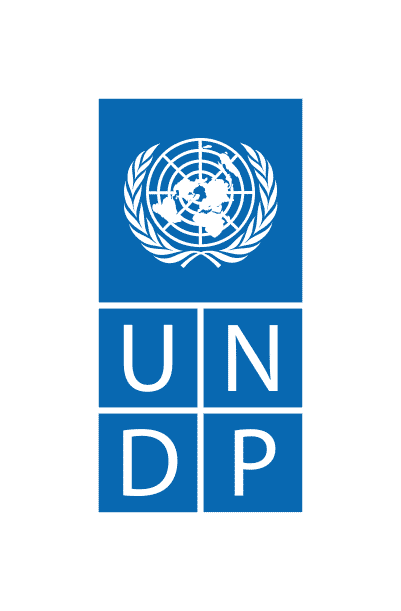
A Q+A with UNDP’s Cassie Flynn on the Climate Crisis and Upcoming COP26
By Cassie Flynn
Cassie Flynn is the Strategic Advisor on Climate Change at the United Nations Development Programme. In this Q+A, she discusses with Green 2.0 the Intergovernmental Panel on Climate Change (IPCC) report, the goal for the COP26 UN Climate Change Conference happening next month in November, and how to have hope amid the climate crisis.
Q: The Intergovernmental Panel on Climate Change (IPCC) is the United Nations body for assessing the science related to climate change. At 3,500 pages, the latest IPCC report that was released in August is rather long. If someone was interested in reading, what are some sections that are pertinent?
The IPCC report gives us an incredible wealth of knowledge about how the climate is changing and what it means for the world. Here are three major takeaways:
- Climate impacts we are seeing all around the world are widespread, rapid and intensifying. The wildfires in the United States, the flooding in Europe, the mudslides in Asia – they are all linked to climate change. The IPCC tells us that humans are the cause of this problem.
- 1.5 degrees Celsius is mentioned in the Paris Agreement as one of the big goals, because as a planet, we need to keep ourselves below this threshold. We are at 1.1 degrees Celsius now, and we’re already seeing impacts left and right. Climate change is affecting every region in the world and the closer we get to 1.5 degrees Celsius, the more frequent and intense all these impacts will be.
- The IPCC report tells us unequivocally that in order to get ourselves out of this mess, we have to reduce the amount of emissions we’re putting in the atmosphere.
Q: The report is considered “a code red for humanity.” What does that mean and what can we, collectively as a people, do?
The IPCC findings are a stark reminder that we are at a tipping point. These results tell us that we must take bold action now. We need a revolution – of our energy systems, food systems, transportation systems. We need to protect nature and people from climate shocks, and ensure a green economy that leaves no one behind. While the IPCC report is 3,500 pages of some really scary, bad news, I also can share 3,500 stories of people around the world who are taking action to protect themselves and their communities. We have to remember that it’s not all doom and gloom, that there is a role for everyone in tackling climate change. Everyone – whether they are in city halls, Parliament, Congress or the kitchen table – must take action on the climate to have a greater impact.
Q: What do you hope will happen as a result of the findings from the IPCC report?
I hope these findings will generate the right type and amount of dialogue that helps everyone realize that there are no more excuses, and there is no time for delay on climate action. If we want to address this climate crisis and keep ourselves safe, we have to take action now. Yes, we know a lot about where these emissions come from, but in order to reduce them, we have to take bold, sustained, and rapid action, at a level of transformation that we have never seen before. It is possible because we know how to do it and we can do it. But it’s imperative that we have all hands on deck so everyone is part of the solution.

Q: Can you discuss goals for the COP26 UN Climate Change Conference?
COP26 comes at a critical time with humanity facing two existential crises. The COVID-19 pandemic is still taking lives and destroying livelihoods while the world faces yet another year with unprecedented extreme weather and climate disasters. The science has made it clear that countries have a short window of time to take the action necessary to limit average global temperature rise to a safer 1.5 degrees Celsius. The Paris Agreement is our once-in-a-lifetime opportunity to ensure a safe and prosperous future for all. Countries will arrive in Glasgow with their climate pledges, called Nationally Determined Contributions (NDCs). At COP26, delegations will discuss how we can be more ambitious when it comes to reducing emissions, increasing resilience, and providing support to all countries that need help fighting the climate crisis. Significantly, governments will also continue discussing the rulebook for the Paris Agreement, including the role of carbon markets.
UNDP’s Climate Promise supports 120 countries to develop bold and ambitious Paris pledges – the NDCs. We are proud to be supporting 83 percent of developing countries. Many of them are smaller emitters, but we are already seeing an impact: we have a new generation of NDCs now that are both more ambitious and more inclusive in terms of their content. Among UNDP’s Climate Promise, over 85 percent of countries increased mitigation ambition, over 95 percent increased adaptation ambition, over 95 percent included targets related to gender, 75 percent are including youth-meaningful activities, and 87 percent are engaging the private sector. We are proud to support the immense leadership – particularly by the vulnerable – of countries rising to this challenge.
The next step will be to translate these pledges into action on the ground. We are already hard at work with our partners to support governments to make this happen.
Q: How can people who are interested in climate change engage in the conference if they are not attending?
What’s important about COP is that it also ignites discussion across communities around the world. This is a great opportunity to get involved! As I mentioned before, people are dealing with the climate crisis in real-time, so we need everyone engaged on this issue.
Even if you can’t be in Glasgow (and in fact very few people will be able to attend this year because of the pandemic) you can still attend many events virtually. Our UNDP Flagship event on November 3 is one of them. You can register here for that event.
Additionally, we thought long and hard about how we can get citizens’ voices who aren’t able to make it to Glasgow, to world leaders who will be attending the conference. We wanted to remind decision-makers what’s at stake and who is waiting for them at home.
That’s why we just launched a video project to collect voices from citizens all around the world about how climate change is impacting them now. The project emphasizes the effects happening now, and not in some fictional future in 2030 or 2050. This project aims to deliver these messages to decision-makers.
To participate, visit www.dearworldleaders.org and record a 1-minute video using your phone or computer.
Q: How do you have hope for the future of our planet amid the seriousness of the climate crisis?
I’m really lucky because, in leading UNDP’s Climate Promise, I get to work with countries that are rising to the challenge and taking bold steps to fight the climate crisis. I am inspired every day by countries like Moldova, Namibia, Fiji, and many others, most of them vulnerable countries, who are doing a fantastic job setting ambitious targets. They are setting an example for the world.
I also think it’s really important to remember how much work is taking place on the ground. There are a lot of people not standing by and waiting for these impacts to happen but are taking action to find lasting solutions. For example, in the Caribbean, many countries are building resilience to the increasingly intense storms that they are experiencing. In Asia, villages are dealing with melting glaciers that are at risk of flooding villages across the mountains. Countries in Latin America are promoting green jobs to not only support climate action, but accelerate a green recovery to the COVID-19 pandemic.
Even though the climate crisis is scary and hard, I see immense hope. People everywhere are rolling up their sleeves, learning about the climate crisis, and not staying quiet. That’s really important because if we are going to address this crisis, we need all countries everywhere to take bold action and we also need every citizen to participate in these solutions.

For more information about Cassie, follow her on Twitter @cassie_flynn. To learn more about UNDP Climate, follow on Twitter @UNDPClimate.